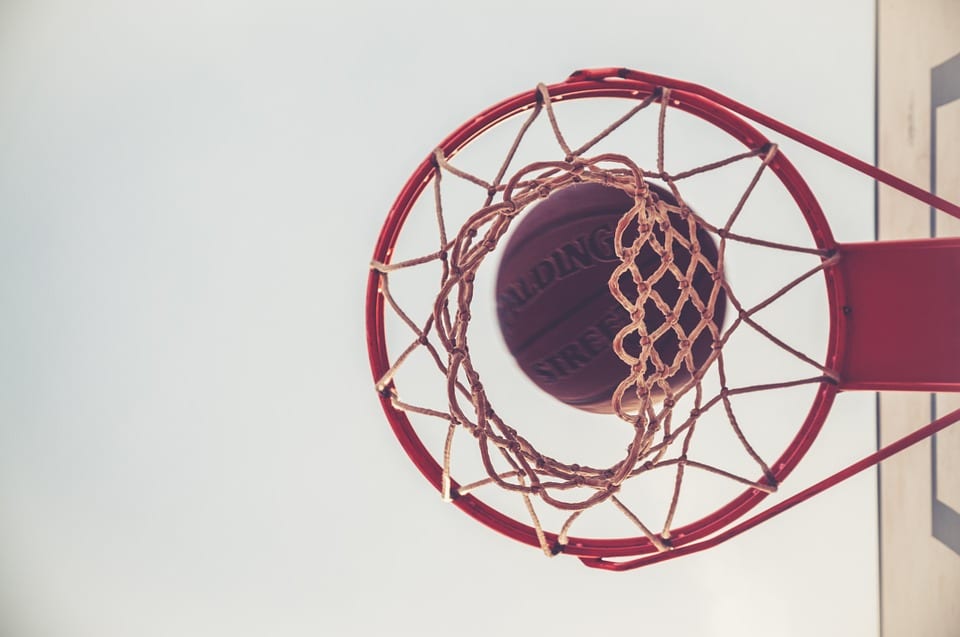The attorneys general of Tennessee and Virginia claim that the NCAA’s name, image and likeness (NIL) are confusing and unlawfully impede student-athletes’ rights to partake in a more competitive collegiate sports marketplace.
The attorneys general of Tennessee and Virginia have filed an antitrust lawsuit against the NCAA, challenging the organization’s restriction on name, image, and likeness compensation for student-athletes and claiming that its practices are unlawful.
According to The Associated Press, the lawsuit was filed earlier this week in U.S. District Court for the Eastern District of Tennessee. It seeks to undercut and overturn NCAA policies against recruiting inducements, alleging that the association is “enforcing rules that unfairly restrict how athletes can commercially use their name, image and likeness at a critical juncture in the recruiting calendar.”
“These anticompetitive restrictions violate the Sherman Act, harm the States and the welfare of their athletes, and should be declared unlawful and enjoined,” the attorneys general wrote.
Tennessee Attorney General Jonathon Skrmetti and Virginia Attorney General Jason Miyares have also asked the court to issue a temporary restraining order and preliminary injunction by February 6th. If approved, the NCAA would be prohibited from enforcing its existing rules until the lawsuit is resolved.
In response, the NCAA refused to discuss the claim’s allegations in detail, but defended its policies—stressing that name, image, and likeness-related restrictions are set by participating colleges and universities.
“This legal action would exacerbate what our members themselves have frequently described as a ‘wild west’ atmosphere, further tilting competitive imbalance among schools in neighboring states, and diminishing protections for student-athletes from potential exploitation,” the NCAA said in a statement.

“The NCAA remains firmly committed to protecting and expanding student-athletes’ NIL rights and opportunities,” it added. “However, our membership has steadfastly supported the prohibition on impermissible recruiting contacts, booster involvement in recruiting prospects and the use of NIL offers as recruiting inducements.”
The NCAA and its president, Charlie Baker, also emphasized that the organization has repeatedly asked Congress to regulate name, image, and likeness compensation and provide an antitrust exemption to forestall future litigation.
But Baker’s pleas notwithstanding, officials in Tennessee and Virgina argue that the NCAA’s current rules are confusing and difficult to understand—making it hard for even well-intentioned student-athletes to avoid violations in the recruiting process.
University of Tennessee-Knoxville Chancellor Donde Plowman, for instance, recently wrote a letter to the NCAA. In it, Plowman said that the association must publish guidance compelling it to act in the best interest of student-athletes and their families.
However, Plowman says that the NCAA has taken no constructive steps toward simplifying its name, image, and likeness rules—and, if anything, has only made the situation even more unnavigable.
“Instead, 2 ½ years of vague and contradictory NCAA memos, emails and ‘guidance’ about name, image and likeness (NIL) has created extraordinary chaos that student-athletes and institutions are struggling to navigate,” Plowman wrote. “In short, the NCAA is failing.”
Danny White, the university’s athletic director, also criticized the NCAA’s purportedly opaque rules on NIL-related compensation and practices.
“At Tennessee, we are always going to work to support our student-athletes’ rights and give them all the tools needed to succeed on and off the field,” White wrote in support of Plowman’s letter. “This is what strong leadership looks like!”
The NCAA recently lifted its longstanding ban on student-athletes receiving pay or other compensation for the use of names, images, and likenesses, but provided no rules detailing the extent of any remaining restrictions.
Although the organization attempted to later revise and clarify its NIL policies, the attorneys general say that these rules still violate federal antitrust law.
“The NCAA’s NIL-recruiting ban violates federal antitrust law, thwarts the free market, and unfairly limits student-athletes,” Virginia Attorney General Miyares said in a social media post. “We’re taking them to court.”
Sources
NCAA’s NIL Rules Accused of Being Antitrust Violations in Lawsuit Filed by TN, VA AGs
Tennessee, Virginia AGs file antitrust lawsuit against NCAA due to NIL-recruiting rules
Tennessee’s Lawsuit Against NCAA Opens Public Fight Over Rules Enforcement


Join the conversation!